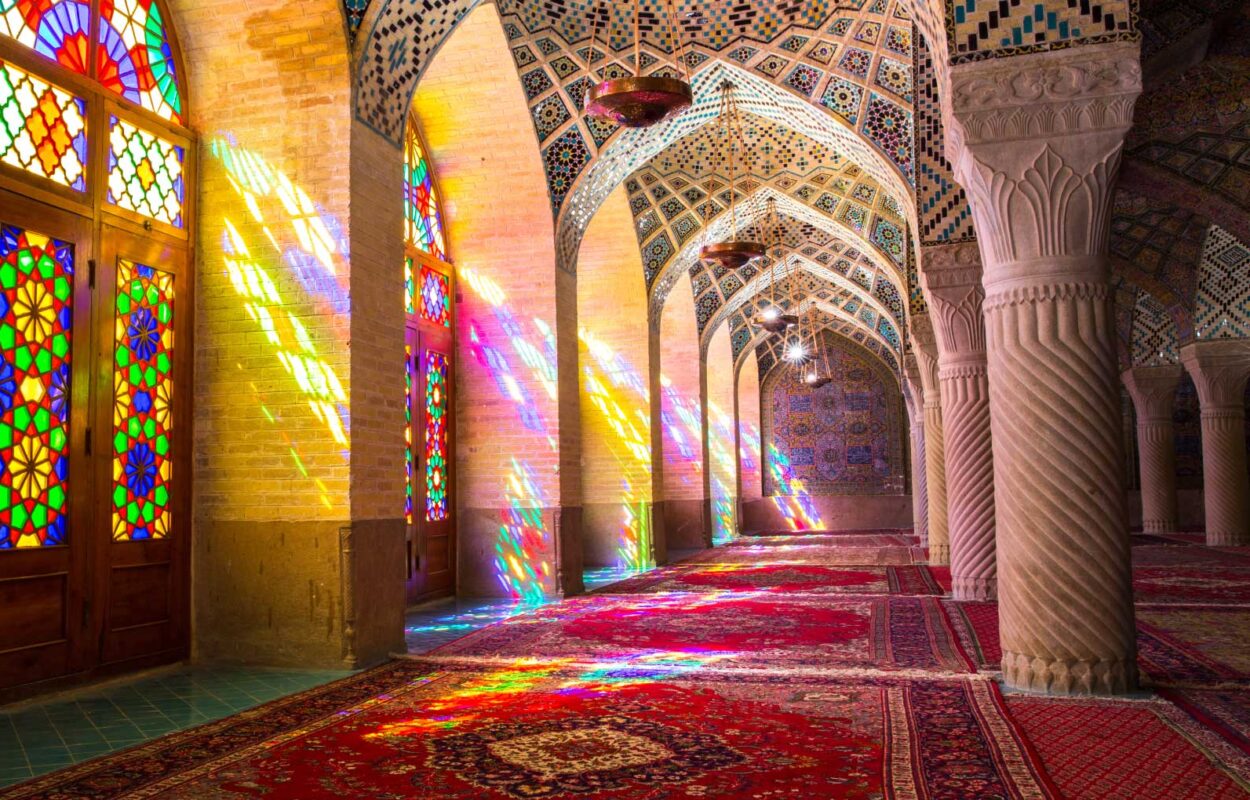Archnet reaches 10,000 Facebook Followers
Archnet’s Facebook page has reached 10,000 followers. Are you among them? You can also follow the Archnet on Twitter, Instagram, and Pinterest. We also invite you to keep up with news from the Aga Khan Documentation Center, MIT Libraries on Facebook, where you’ll non only find the latest from Archnet, but news about exhibitions, conferences, and other related topics. See you there!
